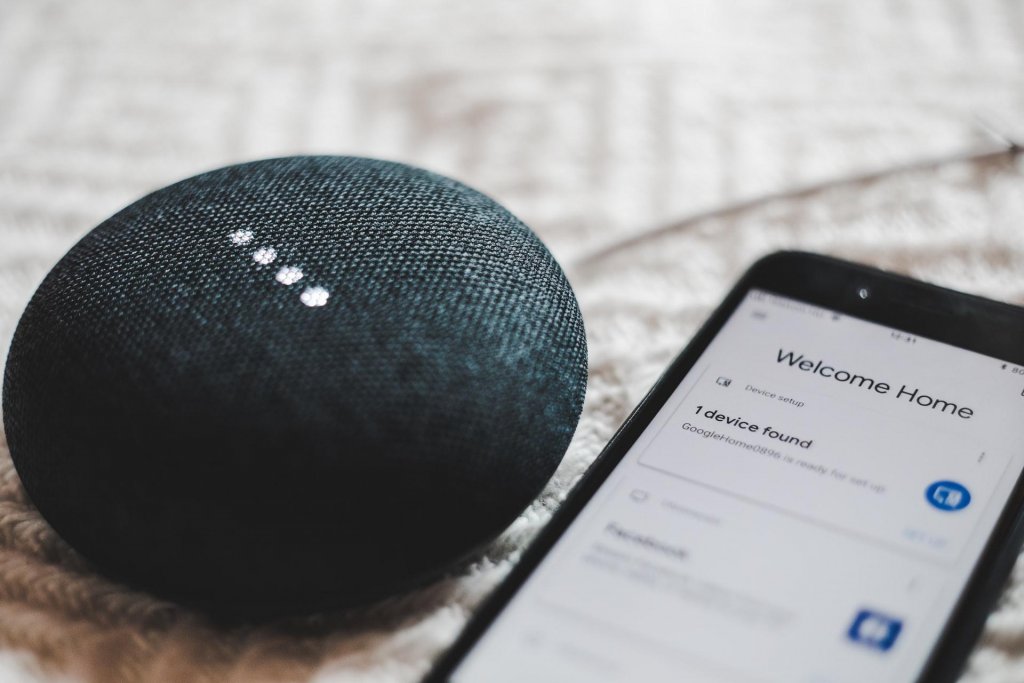Clever and interconnected smart home devices can make our lives easier to manage and more convenient.
Perhaps you have app-controlled dimmer lights or a sprinkler system that automatically detects soil moisture levels and waters the plants accordingly. You can easily drill the system through the porcelain tiles Or maybe you’ve brought a state-of-the-line smart TV or have installed smart home security cameras.
Most homes these days contain at least one smart device, and with these devices, there is an added risk to your privacy and your security. Before we cover how to stay protected, let’s take a closer look at smart devices and why they can be problematic.
Smart devices are part of the Internet of Things
The Internet of Things, or IoT, refers to a vast array of smart devices that rely upon an internet connection for full functionality. That includes dimmer switches you control from an app, smart fridges, Alexas, and many other common tools in the modern home.
For security and privacy commentators, the trade-off for all the added convenience is two-fold: on the one hand, there are privacy concerns about how much data these devices collect, and on the other, there is an increased risk of home networks being infiltrated by hackers.
Privacy concerns
Data is now the most valuable commodity in the world. How you interact with your smart devices and your habits are of interest to companies who sell data to third parties. These third parties are often advertisers who would like to run targeted campaigns.
It sounds highly intrusive, and to many people, unlikely. But when we consider the case of the smart TV manufacturer, Vizio, it starts to become more tangible. In 2017, Vizio was fined more than two million by the FTC because it harvested data on users’ watching habits and sold it to advertisers.
Smart home devices are capable of spying on users, and several high-profile cases have already been reported while you are chilling and having drinks from the beer fridge.
Cybersecurity concerns
Any IoT device can provide threat actors with a potential entry point into your home network and, therefore, to other connected devices. Home IoT systems link smartphones to sprinklers, laptops to lights, and all devices are connected to the same WiFi network.
A single vulnerability in one device can lead to a hacker gaining access to myriad other devices. For example, the Washington Post reported how a team of hackers managed to gain access to a leading Las Vegas casino’s systems via a smart fish tank.
How to stay protected
Unfortunately, your privacy and security are not a given when you choose smart home devices. You should take steps to ensure both; here’s how:
Protect your WiFi network
Because your smart devices are all connected to the same network, it makes sense to bolster that network’s security status. One of the easiest ways to do this is with Virtual Private Network (VPN) technology.
A VPN can protect all of the connected devices and the network itself by generating a private network. This means threat actors cannot readily detect your network’s activity. In the process, a VPN also encrypts activity and data transmissions.
Choose reliable companies whenever possible
Consumers should “vote” with their wallets and choose to align themselves with manufacturers and companies that have a good reputation for security and privacy. Research the company before you bring any new IoT device into your home.
Keep all your devices updated
Insecure software is one of the leading causes of data breaches and hacks. All your smart home devices have operating systems that need to be kept updated. If they are not updated, there may be vulnerabilities, and potential entry points that threat actors can exploit.
Limit what you share
Because data is so valuable, companies often make it difficult for consumers to adjust their devices’ data sharing settings. But there’s no need to accept default settings; instead, look into what you’re sharing and with whom. Limit your settings as much as possible to avoid the perils of what Harvard professor Shoshana Zuboff terms ‘surveillance capitalism.’
Follow the tips above to keep your home devices secure and to ensure your privacy.

